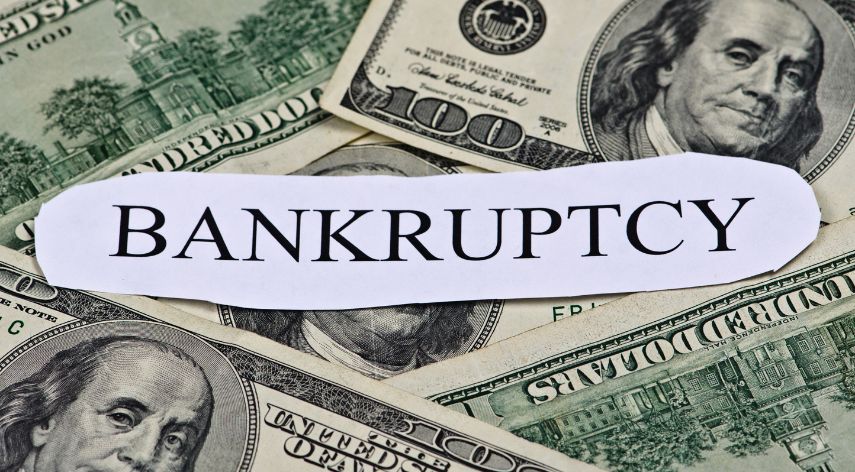States Debt Collections Companies Need a License

Did you know that 71 million adults in the U.S. have debt collections? If you’re going through a financial bump, you’re not alone. We are here to educate you on the states that require debt collection companies to have a license.
It is smart to get educated because if you live in one of these states you want to make sure that the company is operating legally. Read on to learn more.
Table of Contents
ToggleStates Where a License Is Required
Most states do have a requirement for consumer debt collectors to have state licensing. These states include:
- Alabama
- Alaska
- Arizona
- Arkansas
- Colorado
- Connecticut
- Delaware
- District of Columbia
- Florida
- Hawaii
- Idaho
- Illinois
- Indiana
- Iowa
- Maine
- Maryland
- Massachusetts
- Michigan
- Minnesota
- Nebraska
- Nevada
- New Jersey
- New Mexico
- New York City
- North Carolina
- North Dakota
- Oregon
- Puerto Rico
- Rhode Island
- South Dakota
- Tennessee
- Utah
- Washington
- West Virginia
- Wisconsin
- Wyoming
If you live in any of the states above, the debt collection agency by law, must have a license in order to operate and contact you in regards to your debt. You can view here for more up-to-date information about licensing requirements because sometimes these laws can change.
Also, keep in mind that not only do these states require an initial license there are also renewals required after a certain time.
Exemptions
There are 6 states that only require licensing during certain circumstances. These include: Kansas, Louisiana, New Hampshire, Ohio, Pennsylvania, and Texas.
Usually, these exemptions can be one of the following reasons:
- Commercial business – these companies collect 100% business to business debt rather than consumer or personal debt
- Out of state agencies – these companies don’t have a physical office in the state they are collecting from, or they are collecting a debt for a creditor that is not in that state
- Debt buyer – companies that buy charged-off accounts from another company that is trying to collect a debt
- Collection attorney – a law firm or an attorney that has a license to collect debts
The four above exemptions will allow for these companies to operate without a license in those 6 states we mentioned above.
No License Required
The states where a company doesn’t need a license include:
- California
- Georgia
- Kentucky
- Missippi
- Missouri
- New York
- Oklahoma
- South Carolina
- Vermont
- Virginia
If you live in any of these states the laws are not as strict as the other states where federal regulations require certain licenses in order to operate legally.
Feeling Knowledgeable About Debt Collections?
As you can see there are many states that require companies that handle debt collections to have special licensing. If you live in one of these states and are receiving mail and calls about your debt from a company make sure you do your homework to see if they are in compliance with the state’s regulations.
Did this blog post come in handy? Make sure you check out the rest of our finance section for more guides.
Alfred Williams, a distinguished business writer, navigates the corporate landscape with finesse. His articles offer invaluable insights into the dynamic world of business. Alfred's expertise shines, providing readers with a trustworthy guide through the complexities of modern commerce.
Recommended For You
Spread the loveIn the ever-expanding digital landscape, online trading platforms have become a staple for savvy consumers looking to explore
Spread the loveHave you heard about fiat-to-crypto exchange? One area that continually captures the attention of both seasoned investors and
Spread the loveMuch like any skill you master, financial stability sometimes requires a bit of practice. In the world of





